In Cape Town, South Africa, rising crime and gang violence in townships like Khayelitsha are forcing many black families to send their children on long, exhausting commutes to former white-only schools in safer suburbs. Parents like Sibahle Mbasana are making these difficult decisions to protect their children’s future and ensure access to quality education, even if it means waking up before dawn and enduring daily travel of up to 80km.
Sibahle and her husband, Sipho, who works with the South African Navy in Simon’s Town, relocated their three children from a crime-ridden township school to a better-equipped state school nearly 40km away. The decision was prompted by constant threats at their former school, where armed criminals frequently invaded classrooms, terrorized teachers, and stole laptops in front of students. “There’s hardly any security, and even when there is, they’re powerless,” Sibahle said.
This migration to safer schools is rooted in South Africa’s persistent educational inequality, a legacy of apartheid’s Bantu Education Act, which deliberately underfunded black schools. While apartheid officially ended in 1994, its impact remains deeply embedded in the education system. Township schools still suffer from overcrowding, under-resourcing, and exposure to crime, despite the dedication of some principals and teachers.
Township schools like Zanemfundo Primary in Philippi East have faced horrifying situations. Teachers were reportedly forced to pay 10% of their salaries to gangsters under threat of violence. The Western Cape Education Department has responded by deploying security personnel and police patrols, but similar incidents have occurred in nearby areas, including Nyanga, Samora Machel, and other townships.
Despite the security concerns, the alternative is not without challenges. The Mbasana children Lifalethu (12), Anele (11), and Buhle (7) wake up as early as 4:30 AM to make the journey to school. On days when their father cannot drive them, they rely on buses or minibus taxis. Last year, Lifalethu made national headlines after a bus driver refused him entry for losing his ticket, forcing him to walk kilometers in the dark before being rescued through a massive social media-led search effort.
These lengthy commutes are taking a toll. Teachers at suburban schools, where a majority of students now come from the townships, report that many children are too tired to stay alert in class. According to the vice-principal of a primary school in Observatory, about 85% of his students commute from townships, often at great financial and emotional cost to their families.
Amnesty International has ranked South Africa’s education system as one of the most unequal globally. A 2020 report highlighted that children in just 200 of the top schools earned more math distinctions than those in the next 6,600 combined. School fees in the Western Cape, even for public institutions, range from $60 to over $4,500 a year. Only about 100 of the nearly 1,700 schools in the province are designated as no-fee schools.
Recently, the Western Cape Education Department lost over 2,400 teaching positions due to budget constraints, affecting mostly impoverished and crime-ridden areas where schools can’t afford to hire additional teachers. This has led to larger class sizes, overworked staff, and a higher risk of students falling through the cracks especially those who struggle academically.
The National Professional Teachers’ Organisation of South Africa warns that this loss disproportionately affects township schools that lack the resources to hire teachers through school-governing bodies, unlike schools in wealthier areas. “They feel the cut the most,” said executive director Basil Manuel.
Experts like Professor Aslam Fataar from Stellenbosch University trace these ongoing issues back to the financial burdens inherited by the ANC government after apartheid. He argues that political interest in township education has long faded, and current policies continue to neglect these schools. “When it comes to pupil-teacher ratios and teacher expenditure, that sector has borne the brunt of cuts,” he said. “Bar a miracle, I can’t see how we can increase funding for poor schools.”
For families like the Mbasanas, survival and education now come at a cost of safety, sleep, and long-distance travel. With township schools failing to provide a secure environment, and former white-only schools becoming the reluctant refuge, the dream of equal education in post-apartheid South Africa remains painfully out of reach.




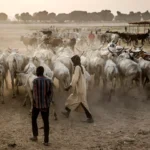

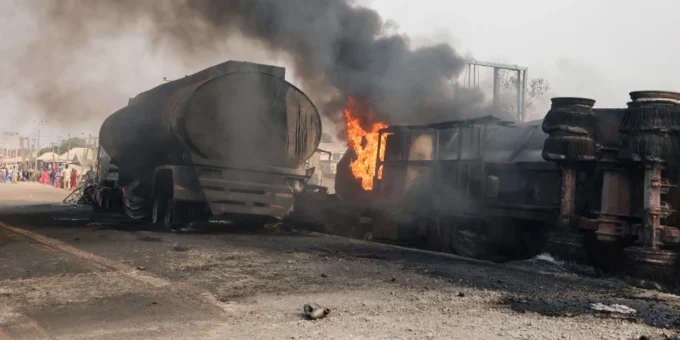
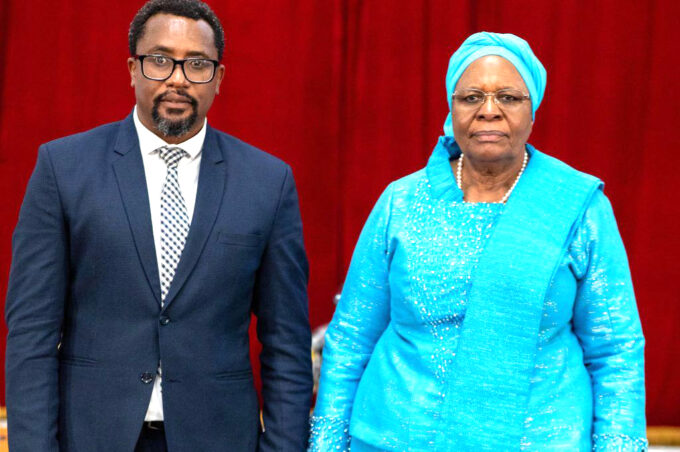
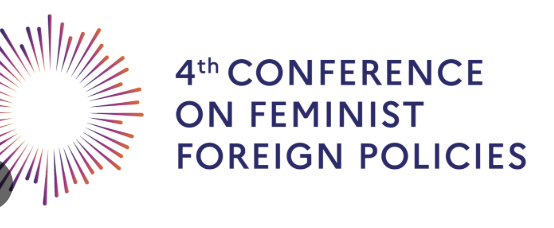
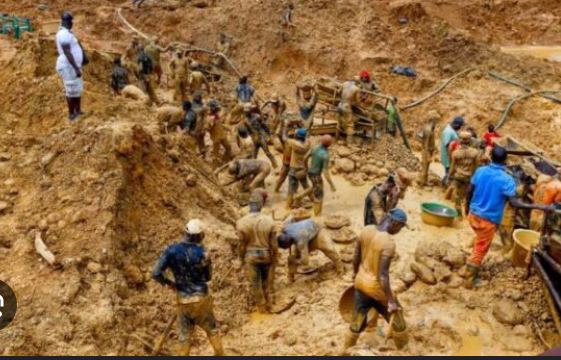
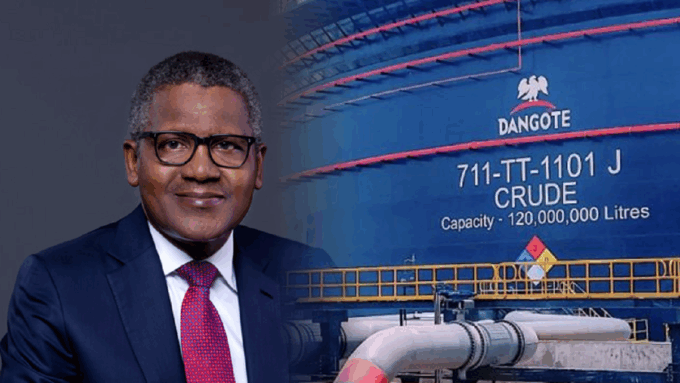

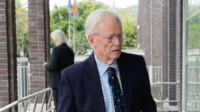

Leave a comment